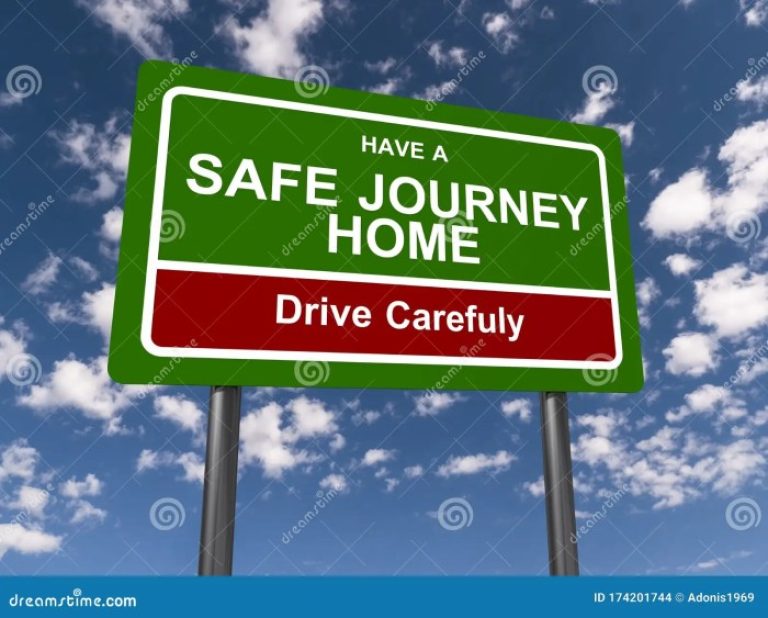When must you receive a defensive foreign travel briefing? That’s a crucial question for anyone venturing abroad, whether you’re a government employee, a corporate traveler, or an independent adventurer. This guide breaks down when a briefing is necessary, what it should cover, and how to prepare yourself for a safe and informed trip, regardless of your destination’s risk level.
We’ll cover everything from mandatory briefings for government personnel to self-preparation for independent travelers, highlighting the critical information you need to know before you go.
Understanding the potential threats you might face—from political instability and crime to natural disasters and health emergencies—is paramount. We’ll examine how the content of your briefing should change depending on your destination and the specific risks involved. We’ll also explore resources available for both corporate and independent travelers, including government advisories and reliable news sources to help you make informed decisions about your safety and security.
Government Employee Travel
International travel for government employees requires a robust security and safety framework. This ensures the well-being of personnel and the protection of sensitive information. Mandatory briefings are a crucial component of this framework, varying in detail depending on the destination’s risk profile.
Mandatory Briefing Requirements for Government Employees
Several departments typically collaborate to deliver comprehensive briefings. The Department of State often provides country-specific information on political stability, security threats, and local laws. The employee’s own agency’s security office contributes details about protecting classified information and appropriate communication protocols. Additionally, medical professionals might offer guidance on health risks and necessary vaccinations. The specific roles and responsibilities of each department are Artikeld in internal agency guidelines and may vary based on the employee’s position and the nature of their assignment.
For example, an employee handling classified materials will receive a more detailed briefing on security protocols than one traveling for a less sensitive mission.
Information Included in Defensive Foreign Travel Briefings, When must you receive a defensive foreign travel briefing
Briefings typically cover a wide range of topics to equip employees for safe and effective travel. Security threats are a primary concern, including terrorism, crime, and civil unrest. Political instability, including potential protests or demonstrations, is another key element. Health risks, such as infectious diseases, food and water safety, and access to medical care, are also addressed.
The briefing will also cover local laws and customs, visa requirements, emergency contact information, and communication protocols. Furthermore, employees receive guidance on personal security measures, such as situational awareness, risk mitigation strategies, and emergency procedures. Specific instructions on handling classified information and maintaining appropriate communication channels are also emphasized, especially for employees on sensitive missions.
Comparison of Briefings for High-Risk vs. Low-Risk Countries
The intensity and duration of briefings vary significantly depending on the destination’s risk level. Travel to high-risk countries warrants extensive briefings covering a broader range of potential threats and detailed security protocols. Low-risk countries typically require shorter briefings focusing on essential safety and health information.
| Country Risk Level | Briefing Duration | Key Briefing Topics | Required Follow-up Actions |
|---|---|---|---|
| High (e.g., active conflict zone) | Multiple sessions, potentially including in-person and online components, totaling several hours | Detailed security threats, specific risk mitigation strategies, advanced communication protocols, extensive medical guidance, in-depth cultural awareness training, escape and evasion procedures. | Regular security updates, mandatory check-ins, potentially 24/7 emergency contact availability. |
| Medium (e.g., region with sporadic unrest) | One to two hours, potentially a combination of online and in-person briefings | Overview of security threats, basic risk mitigation, standard communication protocols, essential health information, basic cultural awareness. | Weekly security updates, periodic check-ins, designated emergency contact information. |
| Low (e.g., stable, developed country) | 30-60 minutes, often an online module | Basic safety and health advice, general travel tips, emergency contact information. | No specific follow-up required beyond standard agency reporting procedures. |
Ultimately, receiving a defensive foreign travel briefing—whether mandatory or self-initiated—is an investment in your safety and well-being. By understanding the potential risks, preparing accordingly, and staying informed throughout your trip, you can significantly reduce your vulnerability and increase your chances of a positive travel experience. Remember to utilize the resources available to you, and don’t hesitate to seek professional guidance if you’re unsure about your destination’s safety profile.
Safe travels!
Top FAQs: When Must You Receive A Defensive Foreign Travel Briefing
What if my company doesn’t provide a travel briefing?
If your company doesn’t offer briefings, take the initiative! Use online resources like government travel advisories and reputable news sources to research your destination’s safety and security situation.
How often should I update my briefing if I’m traveling long-term?
For long-term travel, regularly check for updated travel advisories and news from reliable sources. At a minimum, check weekly, but more frequent updates are recommended for high-risk regions.
Are there specific apps that can help with travel safety?
Yes, many apps offer safety features like GPS tracking, emergency SOS buttons, and real-time safety alerts. Research and choose an app that meets your needs and is reputable.
What should I do if I feel unsafe during my trip?
Trust your instincts. Contact your emergency contacts immediately, and follow the safety protocols Artikeld in your briefing. If possible, seek assistance from local authorities or your embassy/consulate.


